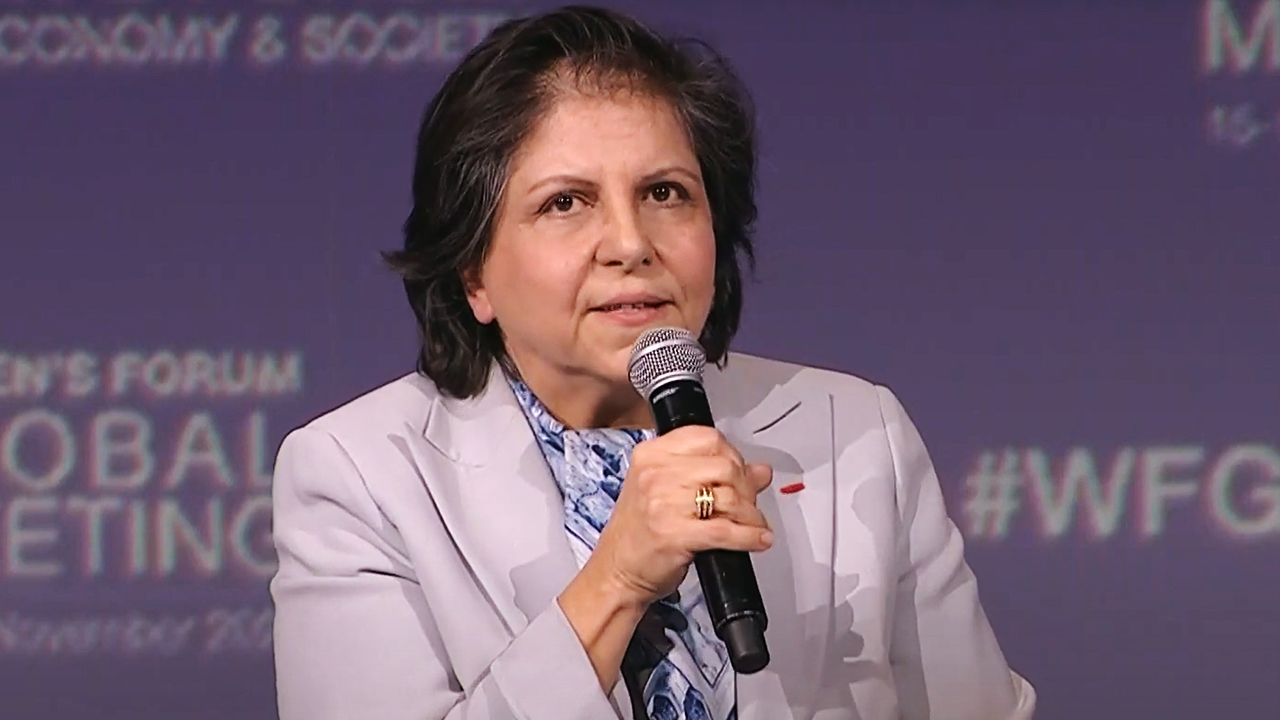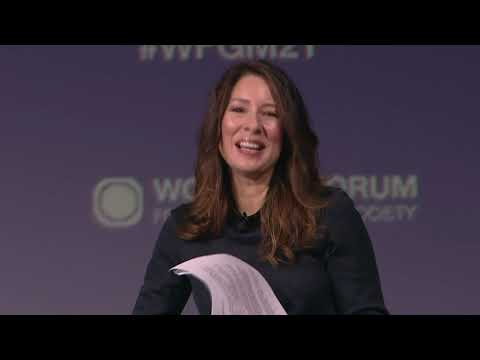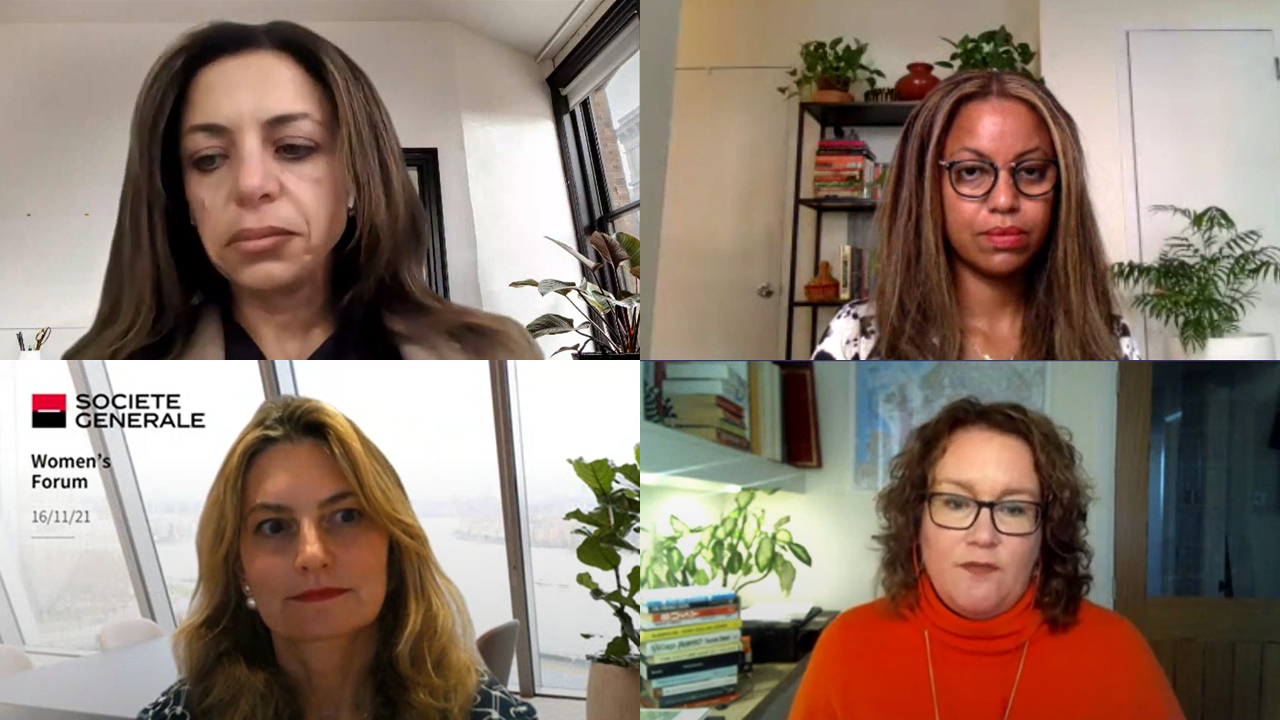Gender diversity at all levels
"We hate quotas, but we love what they do.” For Diony Lebot, Deputy Chief Executive Officer of Societe Generale, the application of quotas is key to advancing gender equality within the world of work. Ten years after France's first law on gender equality in boardrooms, the struggle continue.

Equality between men and women at work is slowly progressing. And, according to consulting firm Ethics & Board1, France is ranked No1 in the world in terms of gender diversity in company supervisory bodies. On the Boards of Directors of French CAC 40 and SBF 120 companies an average of 46% of Directors are women - ahead of Norway, Germany and the United States. In the UK, the FTSE 350 average was 33% at the end of 2020.
Quotas, to start and accelerate change
Diony Lebot believes the definition of quantified objectives is beginning to bear fruit. Societe Generale group’s Deputy Chief Executive Officer explained, "Ten years after the introduction of the ["Coppé-Zimmerman" law in France2], the figures are unanimous: quotas have shattered the inertia in terms of economic parity in corporate governance bodies. This increased representation of women has transformed corporate governance, including in the financial sector. It has become a matter of good economic management," she adds. Speaking at the latest Women's Forum Global Meeting3, Diony Lebot illustrated this observation by making the link between economic performance, performance in terms of environmental transition and gender diversity at the top of large companies. 43% of the Societe Generale's Board Directors are women, compared with 23% in 2010.
| Key figures for the Group in 2020 | |||
|---|---|---|---|
| 43% Female managers | 43% Women on the Board of Directors | 25% Women on the Executive Committee | 36 / 40 Grade regarding the gender pay gap in France (Gender Equality Index) |


Learn more about Diony Lebot at the Women’s Forum for the Economy & Society.
The work continues
So, can we claim victory and consider the battle won? No, not if we consider the proportion of women in management committees which lead and execute corporate strategy. Today, women represent 22% of the management bodies of CAC 40/SBF 120 companies. The new "Rixain-Castaner" law, voted into law by the French Parliament in May 2021, should encourage more gender diversity at this level.
For Cécile Bartenieff, Chief Operating Officer of Societe Generale’s Corporate and Investment Banking arm, who also spoke at the Women's Forum, this subject remains essential to change the course of events. "We need to develop gender diversity at all levels and in all corporate functions, to respect women unconditionally and to promote female role models at all levels. This is a particularly important issue in the field of technology and STEM (Science, Technology, Engineering and Mathematics).


Learn more about Cécile Bartenieff at the Women’s Forum for the Economy & Society.
What are Societe Generale’s commitments?
Societe Generale has signed several commitment charters to continue advancing gender equality within the Group. The most recent of these is the "Towards the Zero Gender Gap" charter signed by a coalition of CEOs at the G20 Women's Forum on 18 October in Milan, Italy. Another example is the Group’s participation to the "Financi'Elles" (She Finance) network which works to promote greater gender diversity in the banking, finance and insurance sectors.
[1] Source: "Mixité et gouvernance durable à l’occasion de la Journée internationale des droits des femmes 2021" ("Gender equality and sustainable gouvernance on the occasion of the 2021 International Women’s Day"), Ethics & Boards, 8 March 2021.
[2] The “Coppé-Zimmermann” law, enacted in 2011, requires a minimum of 40% women (or men) on the Boards of Directors and supervisory boards of large and medium-sized companies in France since 1 January 2017.
[3] The Women’s Forum for the Economy & Society is the leading international platform for action highlighting women’s voices and vision, and creating a more inclusive future for all. This year’s Global Meeting was held from 15 to 19 November 2021, in Paris, France, and online, bringing together160 speakers from 115 countries.